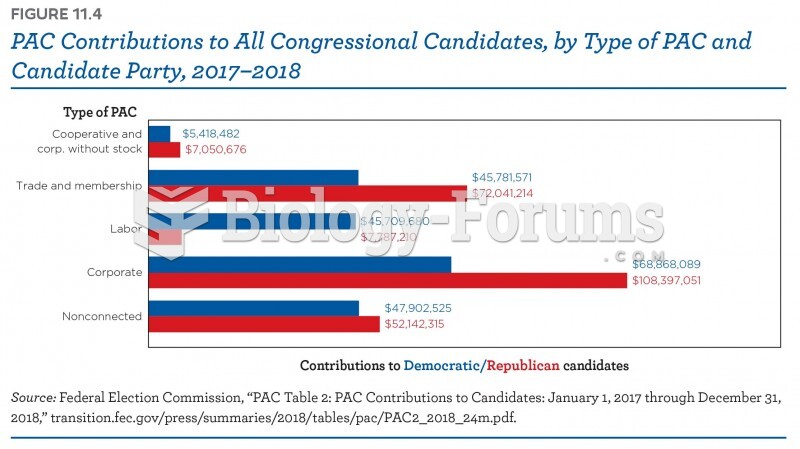Answer to Question 1
Answer: An ideal response will:
1. Describe the major influences on legislators, including constituents, parties, ideologies, presidents, colleagues, congressional staff, and interest groups.
2. Frame the choices legislators make within models of representation, describing when a legislator might act as a delegate or as a trustee, for instance.
3. Use the By the People article to assess social networking effects.
4. Assess the impact of various congressional scandals (e.g., Abramoff) in the creation of new ethics regulations (e.g., Stock Act of 2012) and present an argument as to whether the constraints effectively balance pressure on congressional decisions.
5. Provide a thoughtful argument and concise summary
Answer to Question 2
Answer: An ideal response will:
1. Describe the various influence groups and take a stand about which are (is) most influential.
2. Colleagues: Members depend on voting advice from like-minded members; this includes logrolling.
3. Congressional staff: The large numbers of bills and their complexity increase the reliance of members on their staff for information and opinions.
4. Constituents: Members of Congress usually do not vote against the wishes of their constituents because they risk being ousted from office.
5. Ideology: Ideology is closely related to a member's party as a predictor of congressional voting, but political party is not a perfect predictor of ideology.
6. Interest groups: These groups, which include lobbyists, put substantial pressure on members of Congress; but they often cancel themselves out by taking opposing views on issues.
7. Party: Most members stick with their party on votes, a trend that has intensified in recent decades. Since 2000, members voted with their party 90 percent of the time; that compares with less than 70 percent of the time on average in the 1970s.
8. President: The president uses a number of tools to influence Congress, including distribution of government resources to friends, setting the agenda in the State of the Union Address, submitting budget proposals, and lobbying.







